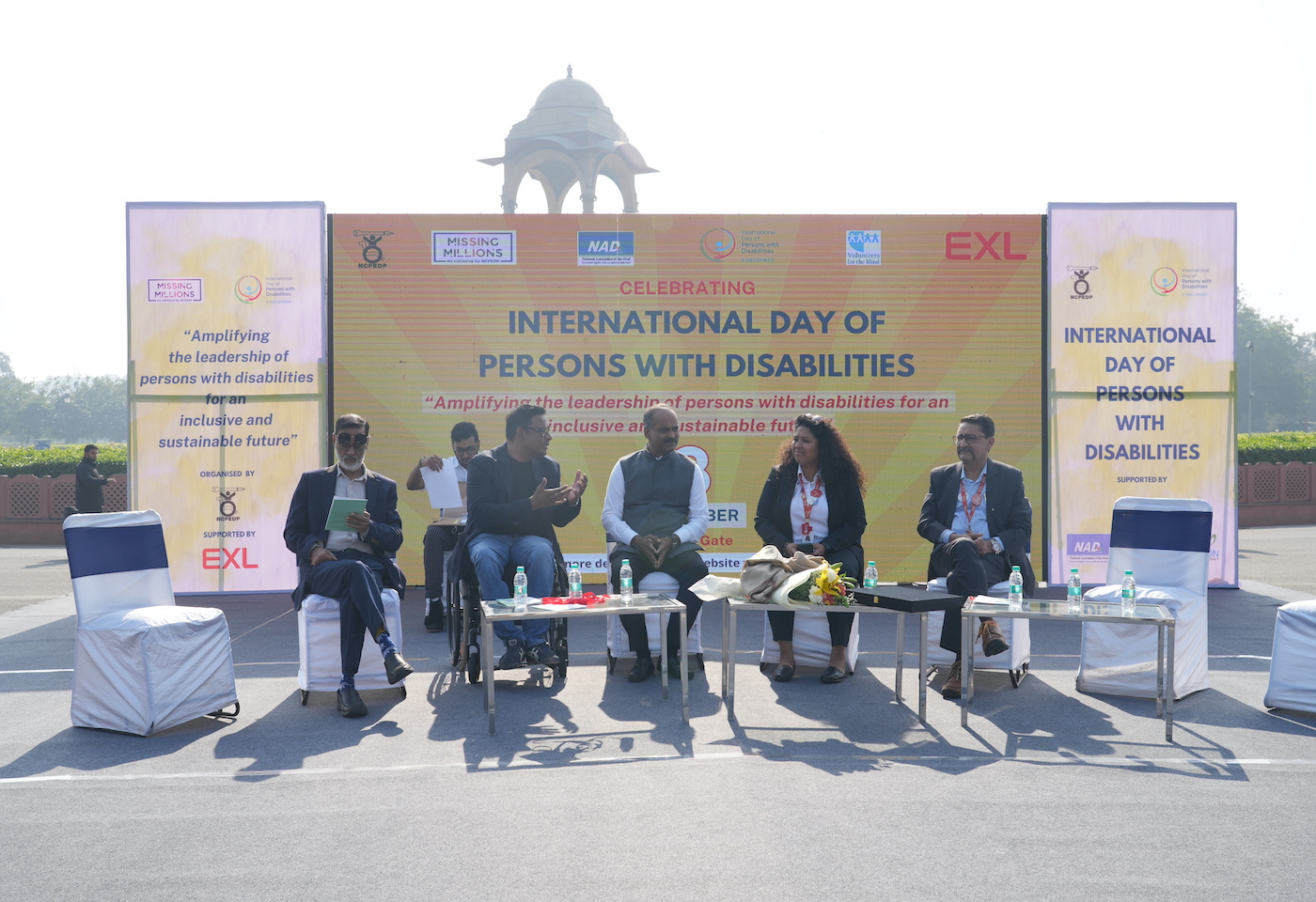India
healthysoch
New Delhi, December 3, 2024:
As one of its vital institutions, media has enormous influence on society and societal values. It’s a potent tool to influence behavior and challenge stereotypes. Acknowledging the role of media in transforming societal initiatives, the National Centre for Promotion of Employment for Disabled People (NCPEDP) in collaboration with O.P. Jindal Global University and EXL launched a Media Toolkit – A Guide to Reporting Disability. This toolkit would provide journalists with guidelines on respectful language, best practices, and strategies to engage with disability issues thoughtfully, ensuring that this invisibilized topic receives accurate representation in media.
“This toolkit has been developed to equip journalists with the tools to report on disability with accuracy and respect, promote the use of empowering language that highlights rights and capabilities, not just challenges, serves as a resource for understanding the socio-political and legal framework that governs disability rights in India, such as the RPWD Act 2016 and the UNCRPD. I hope this initiative will contribute to building a media landscape where persons with disabilities are portrayed not as victims or heroes but as individuals with equal rights, aspirations, and contributions to make.,” remarked Arman Ali, Executive Director, NCPEDP, during a panel discussion held on the launch of the toolkit on Tuesday.
The launch of the media toolkit was followed up by a panel discussion titled “The Role of Media in Shaping the Discourse on Disability,“ moderated by Prof. Kishalay Bhattacharjee, Professor & Dean, Jindal School of Journalism and Communication, O.P. Jindal Global University. The panelists included Arman Ali, Executive Director, NCPEDP; Dr. Navneet Anand, Founder Director, GreyMatters Communications; Bharat Sharma, Senior Assistant Vice President – Transformation and Solutioning, EXL; and Muskan Jain, Assistant Vice President – Global Corporate Social Responsibility Lead, EXL.
During the discussion, Dr Navneet Anand highlighted the systemic barriers in Indian media that hinder disability-inclusive reporting and stressed the importance of adopting best practices to improve coverage. Many journalists lack awareness or training on how to report sensitively and accurately about disability. This leads to sensationalism or a focus on stereotypes like portraying persons with disabilities (PwDs) as “victims” or “heroes.”
Bharat Sharma spoke about the influential role of the corporate sector in promoting disability-inclusive narratives through partnerships and sponsorships, while Muskan Jain advocated for establishing disability as a dedicated media beat, with the Media Toolkit serving as a blueprint for this transformation.
This year’s theme, “Amplifying the Leadership of Persons with Disabilities for an Inclusive and Sustainable Future,” resonated deeply with the gathering of persons with disabilities at India Gate. The toolkit, designed to equip journalists with resources and best practices, aims to portray persons with disabilities more accurately, diversely, and positively in the media.
To mark the occasion, symbolizing disability awareness, inclusion, and the contributions of persons with disabilities to society in the evening, the iconic monument of Delhi Rashtrapati Bhawan was illuminated in purple.
Expressing his thoughts on the theme of the World Disability Day 2024, Ali said, “Leadership by persons with disabilities is not just a matter of representation; it is the foundation of true inclusion. When people with lived experiences of disability lead, policies, practices, and societal norms are shaped with authenticity and empathy. This year’s theme reminds us that an inclusive and sustainable future can only be built when persons with disabilities are at the forefront, leading the way and breaking barrier.”







